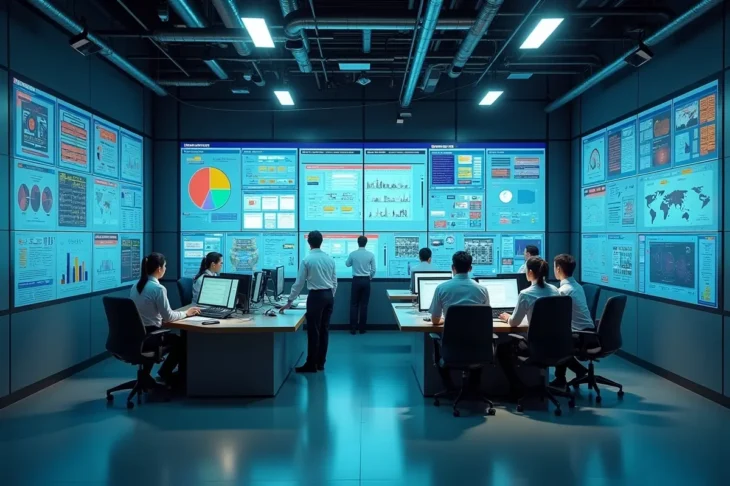
How to Choose the Right Hardware for a Work Laptop?
If you are in the market for a new work or business laptop, don’t rely exclusively on what others are saying or suggesting. Instead, come prepared with a decent understanding of what you are about to invest your money in. Keep in mind that you can always install or uninstall software, but the hardware inside a laptop tends to be of a more permanent nature. With that in mind, let’s get started.
Processor (CPU)
The central processing unit inside a laptop plays the biggest role in deciding how well the computer will perform under load. Prior to 2016, the choice was much easier because Intel was dominating the market with CPUs that performed better while consuming less power.
AMD came back from the brink of extinction in 2016 with their 1st generation of Ryzen CPUs to tip the scale heavily in their favor. Fast-forward to 2022 and the competition is more even because intel Core i-series of processors managed to catch up with AMD Ryzen once again.
This time around, both AMD and Intel have carved out their own areas of domination in different sectors of the market. As far as the consumer market for business and work laptops is concerned, AMD Ryzen 5 processors are on top by a long shot.
For example, if you look at these Lenovo Ryzen 5 PCs, you will find that they are just as powerful as their Intel counterparts, but available at a more affordable price. It is difficult to recommend any other processor for a work or business PC than the AMD Ryzen series because they are offering more for less.
Storage
Unknown to many of us, the internal storage of our laptops has a direct impact on our computer’s performance. Have you ever noticed how even local folders take a long time to load if they are heavy with data? Almost all of us have seen that, but that’s an issue not even the world’s fastest processor can do anything about. It’s entirely tied down to the HDD’s read/write speeds.
An SSD can reduce such delays down to nothing. The read/write speed of a (non-SATA) SSD can be anything between 25 – 50 times faster than the read/write speeds of the fastest HDDs. Therefore, it is highly recommended that you choose a laptop with a solid state drive (SSD) for internal storage.
Avoid SATA SSDs if possible because they are not fast enough to be worth the extra investment. Instead, you should be looking for an NVMe or M.2 SSD for internal storage.
Random Access Memory (RAM)
Any laptop you buy in 2022 should not have less than 8GB of DDR4 RAM, irrespective of the laptop’s intended use. Preferably, it should have 16GB of RAM for a smoother, better experience under load. Don’t worry about DDR5 just yet and focus on the RAM’s speed and memory size instead.
There’s also the display, the keyboard, and the trackpad to consider, of course, but they are not as important as the three mentioned here. As long as the internals are sound, we can always use an external monitor, keyboard, and mouse if needed. It’s not so easy to replace them in a laptop if the RAM, processor, and storage are not up to the task.

